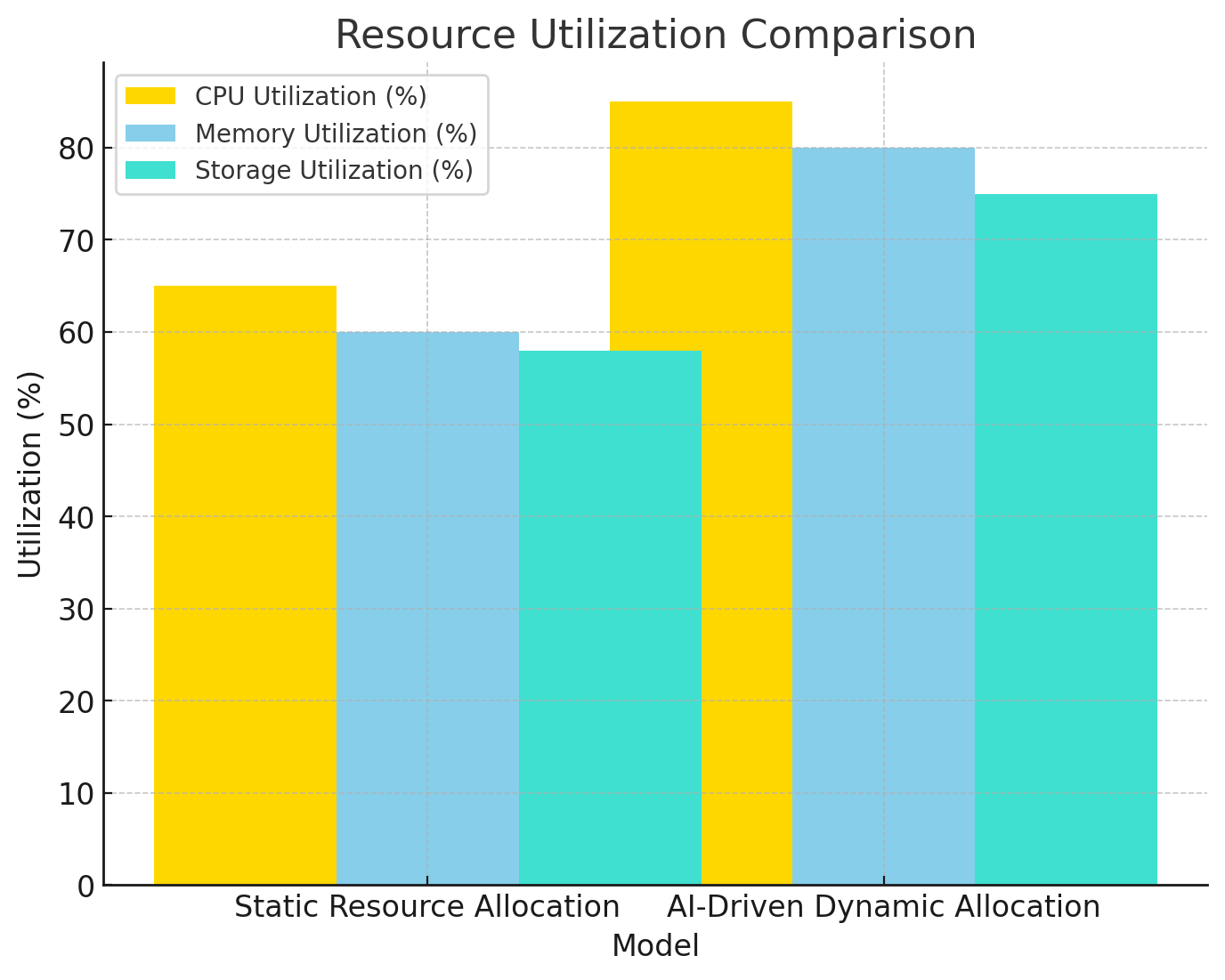AI-DRIVEN CLOUD COMPUTING: MACHINE LEARNING MODELS FOR DYNAMIC RESOURCE ALLOCATION, TASK SCHEDULING, AND PERFORMANCE OPTIMIZATION
DOI:
https://doi.org/10.71146/kjmr621Keywords:
Artificial Intelligence, Machine Learning, Cloud Computing, Dynamic Resource Allocation, Task Scheduling, Performance Optimization, Reinforcement Learning, Deep Learning, Hybrid Machine Learning, Cloud Efficiency, Cost Reduction, Energy ConsumptionAbstract
This study examines feedback-based resource allocation, schedule coordination, and performance optimization using the models of Artificial Intelligence (AI) and Machine Learning (ML) in a cloud computing setting. However, classic solutions to cloud management, including fixed quantity of resources assigned and standard task scheduling, are parts of the solutions that have problems in managing the attitude of increased complexity and dynamism of the cloud workloads. With the help of AI-based models, the proposed study will enhance the efficiency and lower the costs of cloud resources, as well as improve the overall performance. Namely, the study applying those methods as reinforcement learning, deep learning, and hybrid machine learning can dynamically distribute resources relying on real-time predictions and optimizing the task schedule. These findings suggest that AI based models are better than traditional ones in important resource consumption measures like time taken to complete tasks, cost-efficiency, and resource use, and the energy usage. The results guarantee that AI can have a greater impact on the adaptability and scalability of a cloud computing system, which will result in more efficient and sustainable cloud infrastructures. Nevertheless, related issues like complexity or difficulty when model training is used, integrated with the incumbent cloud systems, and real-time adjustability have to be solved in order to be effective with the potential of AI in cloud resources management.
Downloads

Downloads
Published
Issue
Section
License
Copyright (c) 2025 Khan Ikram Uddin, Wasim Akram, Muhammad Qaseem Iqbal, Muhammad Awais, Waqas Ahmed, Haseeb Sulman (Author)

This work is licensed under a Creative Commons Attribution 4.0 International License.






